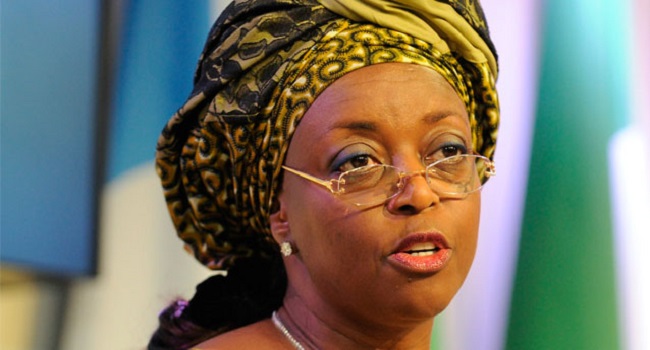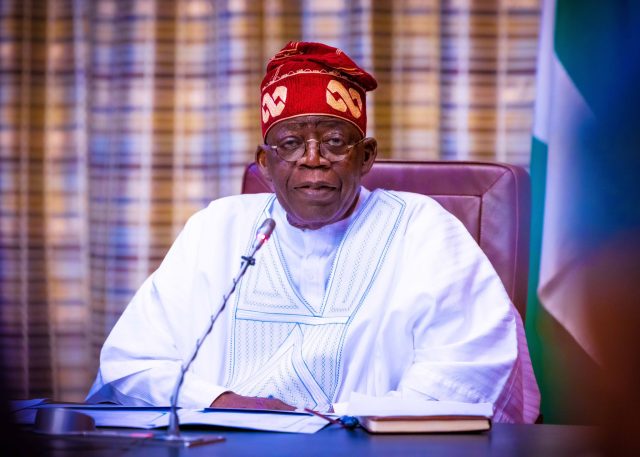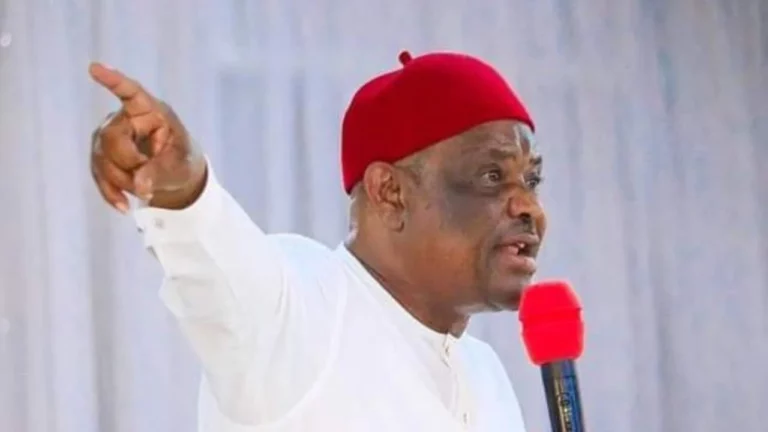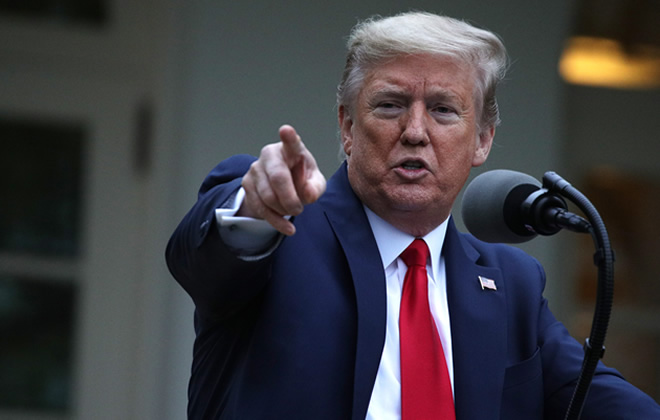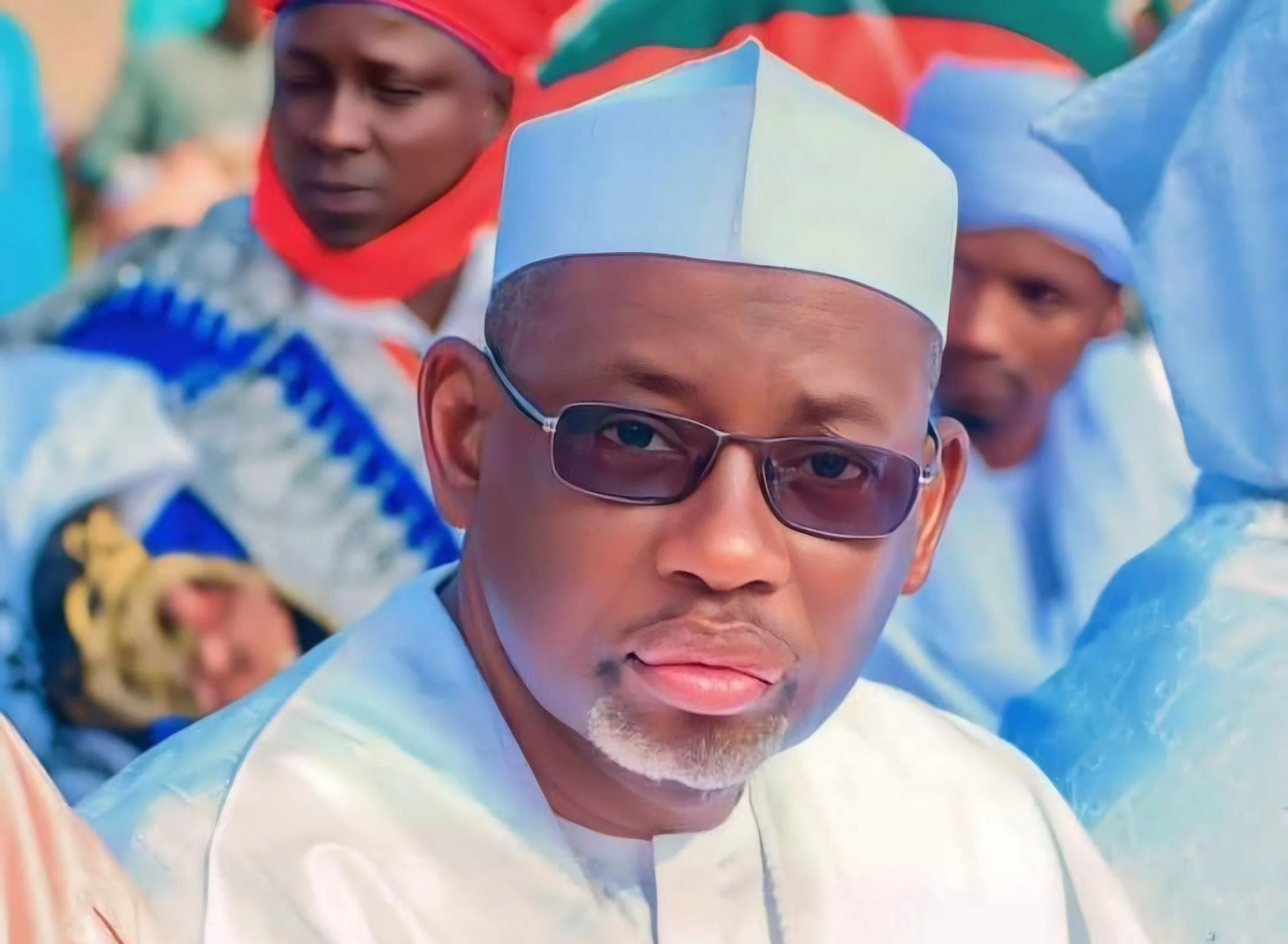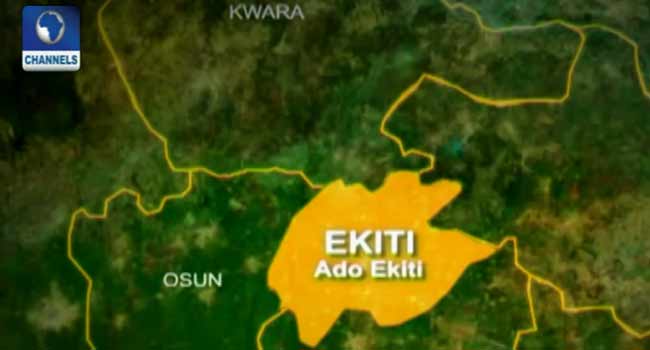The Economic and Financial Crimes Commission (EFCC) says its investigation shows that Diezani Alison-Madueke, a former minister of petroleum resources, allegedly gave politicians $115 million to compromise the 2015 elections.
Abdulrasheed Bawa, the EFCC chairperson, said this on Wednesday at an induction retreat for new resident electoral commissioners (INEC) in Lagos.
Bawa was represented by Adukwu Michael, the chief superintendent of the anti-graft agency.
BACKGROUND
Diezani was the minister of petroleum resources from 2010 to 2015 during the administration of former President Goodluck Jonathan
Shortly before Jonathan handed over to President Muhammadu Buhari in 2015, she left the country.
The former minister is alleged to have stolen $2.5 billion from the Nigerian government while she was a minister.
She has, however, denied the allegations, while the EFCC has since commenced a process to extradite her.
The federal government had gained forfeiture of Diezani’s properties located in Banana Island Foreshore Estate, Ikoyi, Lagos, including 18 flats and six penthouses.
‘OUR FOCUS IS TO DISCOURAGE USE OF MONEY TO INFLUENCE ELECTION’
The EFCC chairperson’s representative said some of the monies allegedly stolen by Diezani have been recovered by the agency.
He disclosed that the anti-graft agency is focusing on how to discourage vote buying.
“The commission’s focus in election management is discouraging the use of money to influence the outcome of election,” THISDAY quoted him as saying.
“Electoral spending by politicians often leads to voter inducement and vote buying.
“Parties often induce voter with money because they lack proper and realistic policies to convince the electorate to vote them into power.
“Whenever one is induced to sell his vote, he automatically loses moral ground to challenge corrupt tendencies of those elected.
“In the 2015 discreet investigation, the commission was able to uncover a grand plan to compromise the 2015 general election through massive cash payments to politicians.
“$115 million was paid out to politicians by former minister of petroleum resources, Diezani Alison-Madukwe, to compromise the election.
“Some of the money was recovered while many of the culprits are being prosecuted with few convictions recorded. At the heart of EFCC strategy to curb voter inducement is inter-agency collaboration and information sharing.
“The EFCC is complementing the efforts of other stakeholders in educating the electorate on why it is important for their votes to not be traded.
“We are working with INEC to determine and to enforce provisions of the Electoral Act as it relates to limit of campaign spending by different categories of office seekers. This is an intelligence-driven exercise.”

